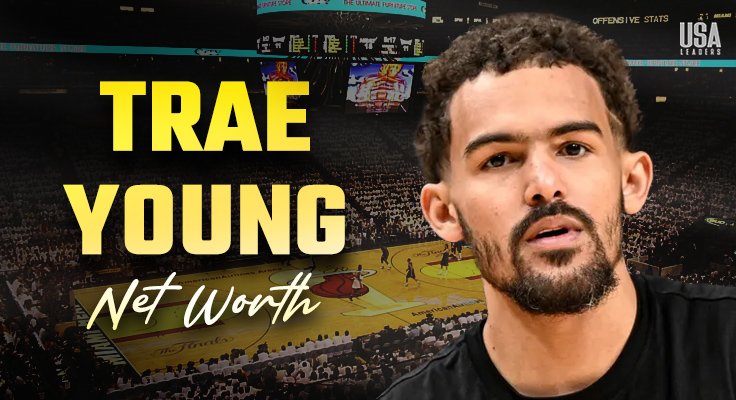In Phoenix, a large number of older adults live either alone or with limited family support. Many rely on hired caregivers or assisted living facilities. This setup, while practical in many ways, can also make it easier for abuse to go unnoticed.
Unlike in more tightly-knit rural communities, urban life in Phoenix can be more private and disconnected. Neighbors don’t always know each other, and family members may live far away. That distance can make it harder to catch warning signs early. And when abuse does happen, it often goes unreported, either because the older person feels ashamed, scared, or simply unable to reach out.
That’s why it’s important to recognize the signs and understand the steps to take. If you live in or around Phoenix and suspect abuse, talking to a Phoenix elder abuse attorney can help you take swift, lawful action to protect your loved one.
What Elder Abuse Looks Like
Elder abuse doesn’t always look the same. It can come from a stressed caregiver, a financially motivated family member, or even a staff member at a care facility. Abuse can be a one-time incident or an ongoing pattern. It doesn’t have to be physical either, abuse can be emotional, financial, or even come from neglect.
Some root causes include:
- A caregiver under pressure, dealing with financial problems, addiction, or mental illness.
- A history of family conflict or violence.
- A belief that the elderly person won’t or can’t report the abuse.
- Social attitudes that dismiss the importance of older adults’ rights and well-being.
The danger lies in how normalized or invisible the abuse can become, especially when the abuser is trusted by the victim.
Most At Risk
Elder abuse happens most often at home, not in nursing homes. In almost 60% of reported cases, a family member is the abuser. But anyone can be affected.
Those who are more vulnerable are those who are:
- Frail or have mobility issues
- Living alone or with one caregiver
- Experiencing memory loss or dementia
- Suffering from depression or anxiety
However, even older adults in good health can become victims.
Signs You Should Look Out For
Abuse can be hard to spot. Symptoms can look like signs of aging or illness. But if there’s no clear medical explanation, or if explanations keep changing, there may be abuse happening behind closed doors.
Physical Abuse
- Bruises or injuries in unusual places (like both sides of the body)
- Rope marks, burns, or unexplained fractures
- Reports of accidents that don’t seem to add up
Emotional Abuse
- Sudden withdrawal from social activities
- Mood swings or fearfulness, especially around a caregiver
- Confusion or hesitation to speak freely
Neglect
- Weight loss or signs of dehydration
- Dirty clothes, poor hygiene, or body odor
- Bedsores, untreated injuries, or lack of necessary aids like glasses or walkers
- Unsafe living conditions, especially in hot Phoenix summers with no AC
Financial Abuse
- Unpaid bills despite enough income
- Strange credit card charges or ATM withdrawals
- Changes to legal documents or ownership of property
- Items or money disappearing without explanation
Social Abuse
- No longer allowed to see friends or family
- Phone calls being blocked or monitored
- Mail being intercepted or withheld
Final Thoughts
Elder abuse is often hidden, but it leaves real damage. If you live in Phoenix or have an older loved one here, keep your eyes open. Abuse doesn’t always look violent. It can be subtle, emotional, financial, or come from neglect. The key is knowing what to look for and being ready to take action.





















